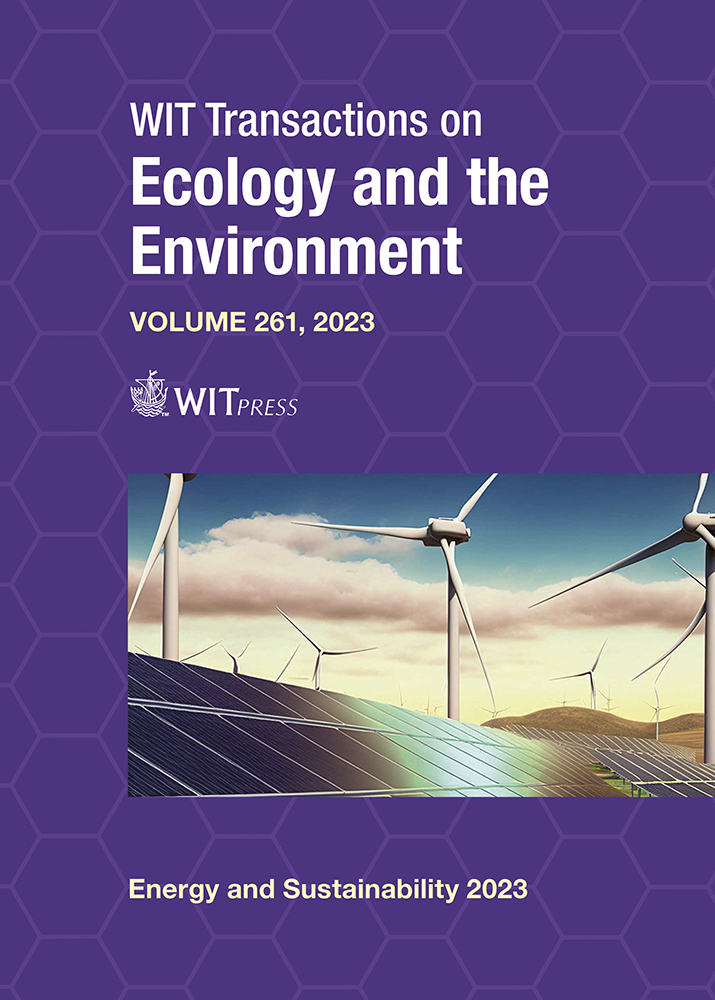COMPARATIVE ANALYSIS OF NATIONAL DECARBONIZATION POLICIES: IS IT POSSIBLE TO ACHIEVE CARBON NEUTRALITY BY 2050?
Price
Free (open access)
Transaction
Volume
261
Pages
13
Page Range
35 - 47
Published
2023
Paper DOI
10.2495/ESUS230041
Copyright
Author(s)
ANZHELIKA KARAEVA, ELENA MAGARIL, IRINA RUKAVISHNIKOVA
Abstract
The complexity of the task of decarbonizing the global economy requires an integrated and coordinated approach from the governments of developed and developing countries, the organization of effective international cooperation and scientific and technological progress in the field of environmental technologies and alternative energy sources. At present, despite the measures taken, the problem of achieving carbon neutrality is the difficulties of abandoning fossil fuels in countries showing significant economic growth and being the largest CO2 emitters in recent decades. The purpose of this study is to review and analyse the current state of different energy sources consumption by the leading countries in CO2 emissions, and the projected changes in the global energy system during the fourth energy transition considering possible decarbonization scenarios. The article presents a comparative analysis of national policies and initiatives for the transition to a low-carbon economy and assesses the prospects for achieving the stated targets for reducing CO2 emissions by 2050.
Keywords
fossil fuels, decarbonization, energy policies, low-carbon economy





